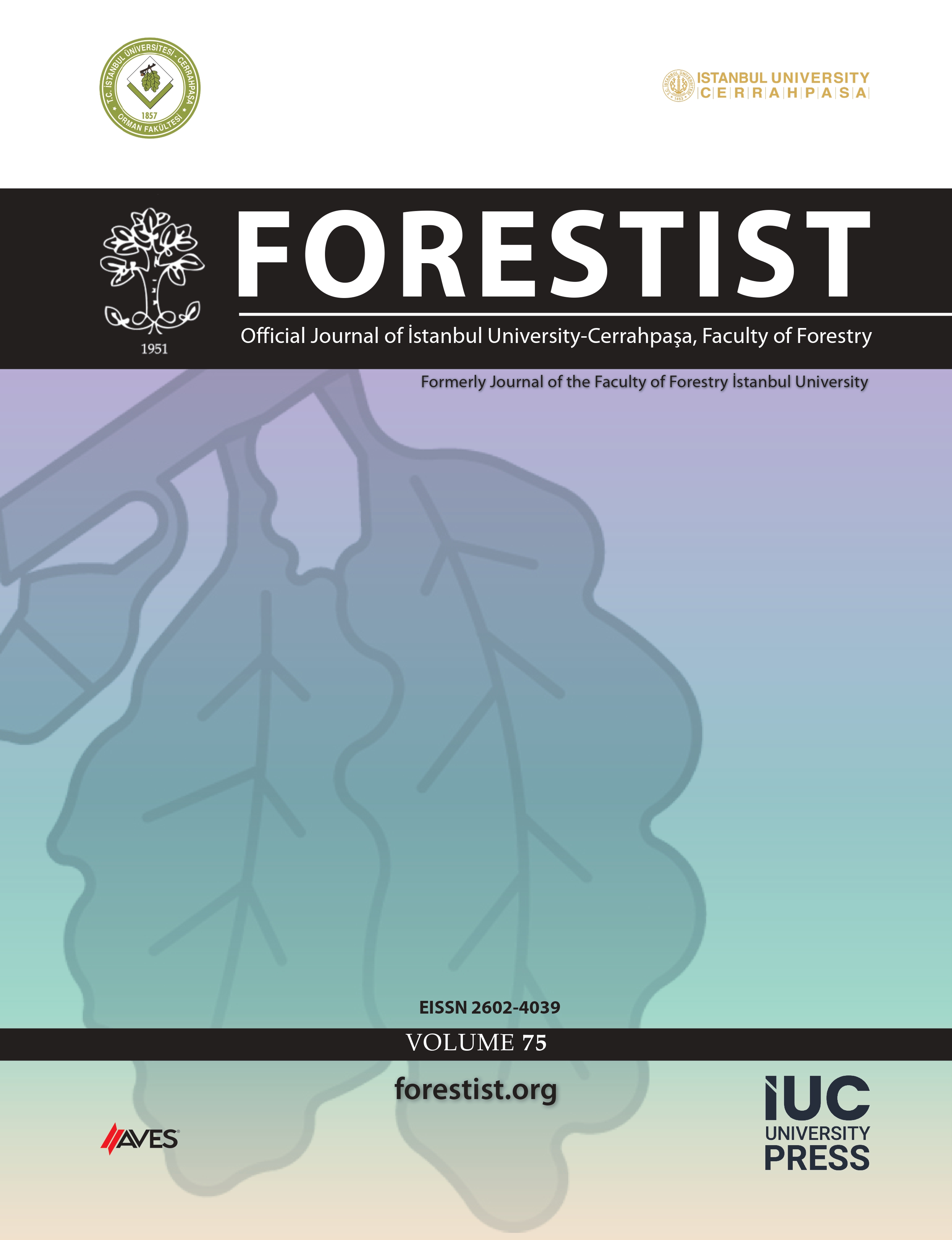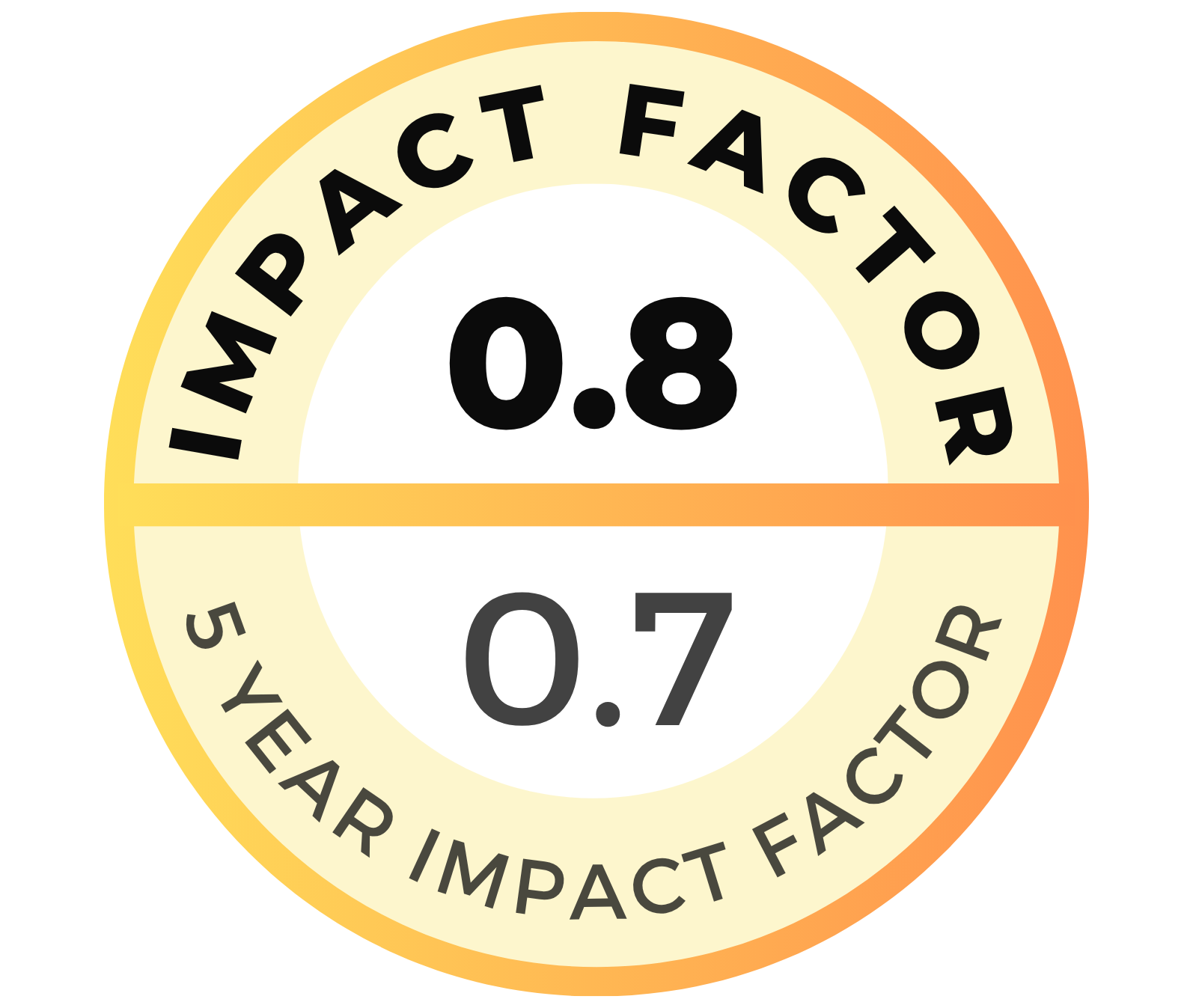Timber harvesting activities are often performed in difficult conditions caused by the mountainous terrain conditions in Turkey. One of the most difficult and dangerous stages of the timber harvesting activities are felling, delimbing, and bucking stages. In some of the European countries with intensive forestry activities, felling, delimbing and bucking stages of timber harvesting are performed with harvesting machines (i.e. harvester, feller-buncher) while these processes are mostly performed with chainsaw in Turkey. The chainsaw operations which are not properly planned and implemented may results in considerable amount of time and productivity losses and environmental damages. At the same time, the risk of work accidents increases during the felling activities. Thus, it is very important to investigate productivity and residual stand damage of chainsaw operations. In this study, harvesting activities using chainsaw were evaluated in terms of productivity and environmental aspects. The field studies were conducted in Brutian Pine stands within Bahçe Forest Enterprise Chief of Osmaniye Forest Enterprise Directorate, located in Adana Forest Regional Directorate. Average productivity and timber volume were calculated as 4.06 m3 /hr and 0.30 m3 , respectively, and productivity increased as the amount of timber production increased. The results indicated that total number of injured trees as a result of felling operation was 43 in which 13 injuries were on live wood while 30 injuries were on tree barks. It was found that sapwood and bark injuries occurred at the top of the trees during felling activities due to tree hang ups.
Cite (Atıf) : Gülci, N., Akay, A.E., Erdaş, O., 2016. Investigation of timber harvesting operations using chainsaw considering productivity and residual stand damage: The Case of Bahçe Forest Enterprise Chief. Journal of the Faculty of Forestry Istanbul University 66(2): 357-368. DOI: 10.17099/jffiu.11250




.png)
